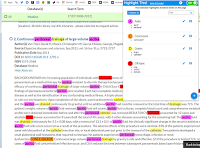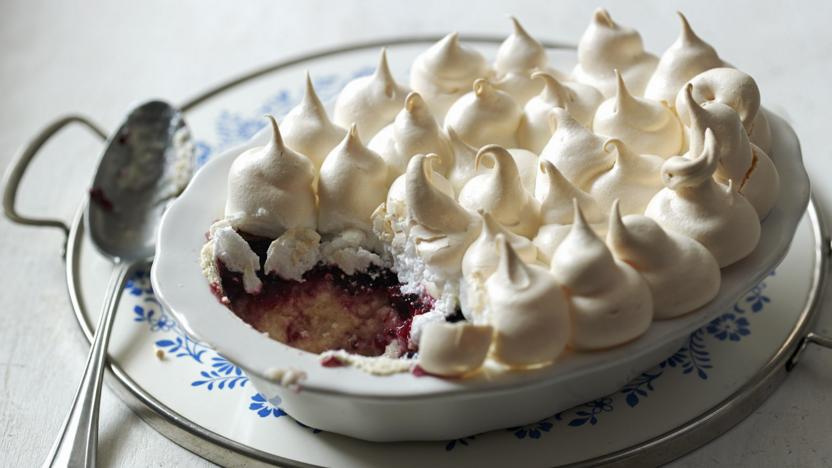Things about treasure...
As part of our ongoing (and sadly curtailed) 70th birthday celebrations September sees the launch of our library catalogue quiz and treasure hunt...there is a prize for the winner! Quiz entries to be submitted by 17:00 September 30th and the quiz can be accessed here. All the answers can be found on our library catalogue and you don't need to login to find the answers. Although if you are a library user there are additional services open to you in managing your library account if you do login - ask us if you need a PIN.
Things to read...
The last book the Reading group read was 'When I had a little sister' which was given a score of 75% and our next read is'The Versions of us' by Laura Barnett on 7th October. One of the themes of the book we have just read related to the isolation of farming families so the report below seemed an interesting one to include in this week's blog.
Things about the countryside...
Living in rural and remote areas can create distinct challenges for children’s mental health. Poor transport infrastructure, fewer local choices, alienation and isolation, poor digital connectivity, and a lack of opportunities to socialise with peers outside of school can all have an impact on children and their wellbeing.
Children in sparsely populated areas also face significant barriers to accessing support, and years of cuts to public services have made it even harder for local services to offer children the help they need. These difficulties are disproportionately experienced by children living in poverty (which is often more hidden in rural areas), children who have complex needs and children who face other risks of exclusion, alienation and marginalisation (such as young carers, disabled children, children from Gypsy, Roma and Traveller communities, and LGBTQ+ children).
Funded by BBC Children in Need, The space between us explores evidence about the mental health and wellbeing of children aged between 8 and 13 years living in isolated communities across the UK. Half of mental health problems emerge before the age of 14, and therefore opportunities to intervene in the preceding years could make a significant difference by increasing protective factors and minimising risks of poor mental health.
The report calls for action to boost children’s mental health in rural and coastal communities. This includes funding for local councils to improve wellbeing, investment in digital infrastructure in places that have been left behind, and developing promising approaches to supporting children’s wellbeing such as mobile support services, peer support networks and better use of existing community spaces.
Things about patient safety...
The requirement for NHS organisations in England to identify one or more person as their designated Patient Safety Specialist(s) is a key part of the NHS Patient Safety Strategy. These specialists will work full time as patient safety experts, providing dynamic, senior leadership, visibility and support. In addition, they will support the development of a patient safety culture, safety systems and improvement activity. Specialists will also work in networks with Patient Safety Specialists from other organisations to share good practice and learn from each other, making them fundamental to patient safety across the NHS in England. Ultimately each Patient Safety Specialist will be fully trained in the national patient safety syllabus. A website with more information is available.
Things about food insecurity...
An article about food insecurity in BMC Public Health seemed timely as more people are being affected by this in the UK. As more people are living with one or more chronic health conditions, supporting patients to become activated, self-managers of their conditions has become a key health policy focus both in the UK and internationally. There is also growing evidence in the UK that those with long term health conditions have an increased risk of being food insecure. While international evidence indicates that food insecurity adversely affects individual’s health condition management capability, little is known about how those so affected manage their condition(s) in this context. An investigation of lived experience of health condition management was undertaken with food insecure people living in north east Scotland. The study aimed to explore the challenges facing food insecure people in terms of:
- their self-care condition management practices
- disclosing and discussing the experience of managing their condition with a health care professional
- notions of the support they might wish to receive from them.
Things about child health...
The Institute for Public Policy Research states that the UK health has improved radically in the 20th century, but progress has since stalled. The believe the UK now has the opportunity to make another ‘giant leap’ forward; to achieve this, the government will need to address growing levels of ‘health risk’ faced by children. Any progress would be good for health, business and the economy. Their report The Whole Society Approach: making a giant leap on childhood health is available.
Things about children online...
Data sits at the heart of the digital services children use every day. From the moment a young person opens an app, plays a game or loads a website, data begins to be gathered. Who’s using the service? How are they using it? How frequently? Where from? On what device? That information may then inform techniques used to persuade young people to spend more time using services, to shape the content they are encouraged to engage with, and to tailor the advertisements they see. For all the benefits the digital economy can offer children, we are not currently creating a safe space for them to learn, explore and play. This new statutory code of practice on age appropriate design looks to change that, not by seeking to protect children from the digital world, but by protecting them within it.
Things about post Covid...
A report from The Health Foundation Generation 'COVID-19 Building the case to protect young people’s future health'. Emerging evidence on the economic and social impact of the coronavirus (COVID-19) pandemic shows that young people aged 12–24 years are one of the worst-affected groups, particularly in terms of the labour market and mental health outcomes.
Things about a good childhood...
A report from the Children's Society states that there has been a continued decrease in average happiness with life among 10-15 year olds in the UK.
- Happiness with friends is in decline.
- 15-year olds in the UK were among the saddest and least satisfied with their lives in Europe.
- The Coronavirus pandemic affected children’s happiness due to the lack of choice they had in life.
Things to eat...
We had this
Smoked mackerel pilau rice earlier this week, I was a little sceptical about what it would be like but it was actually really good, we added the eggs as suggested.





































